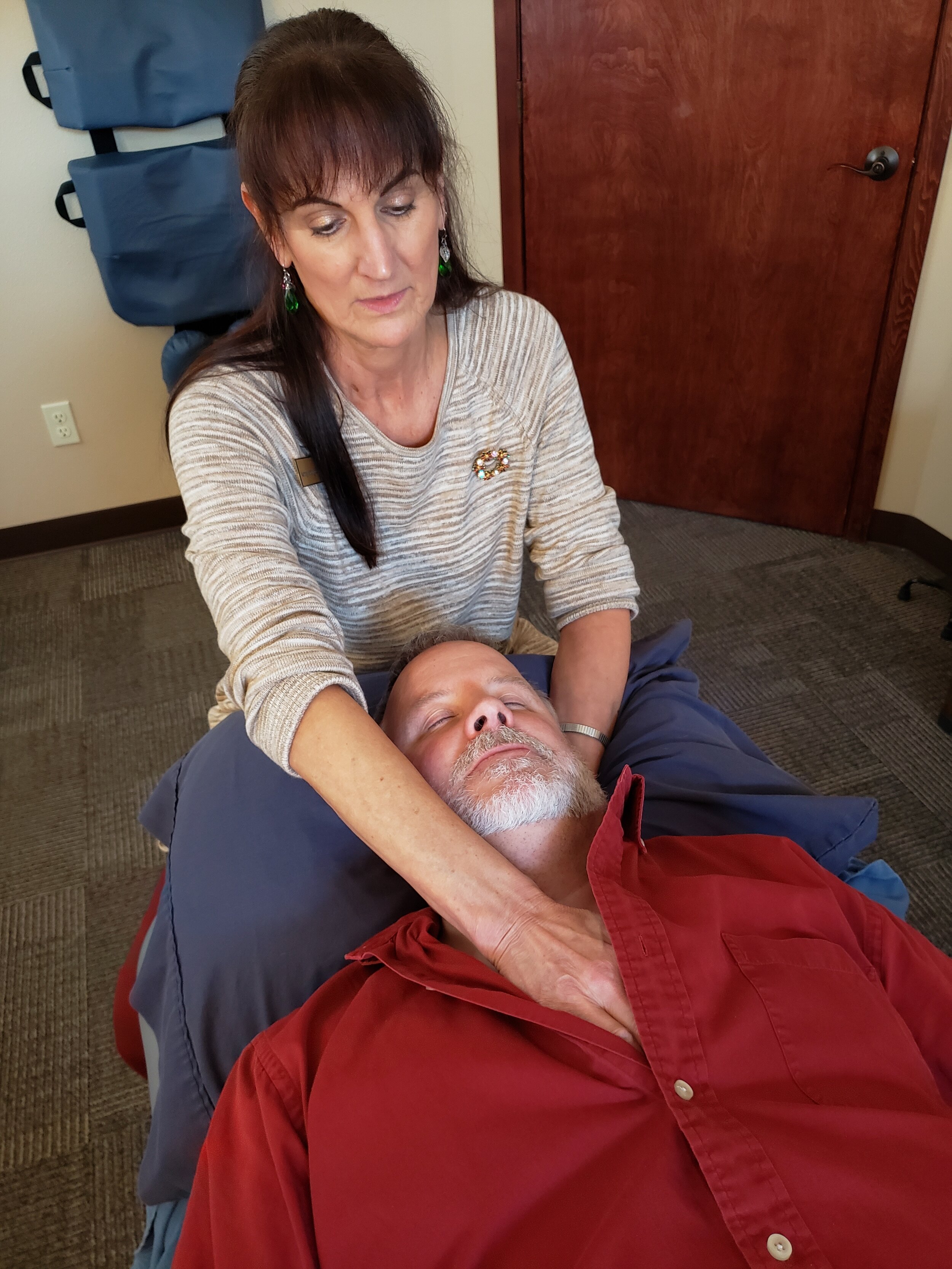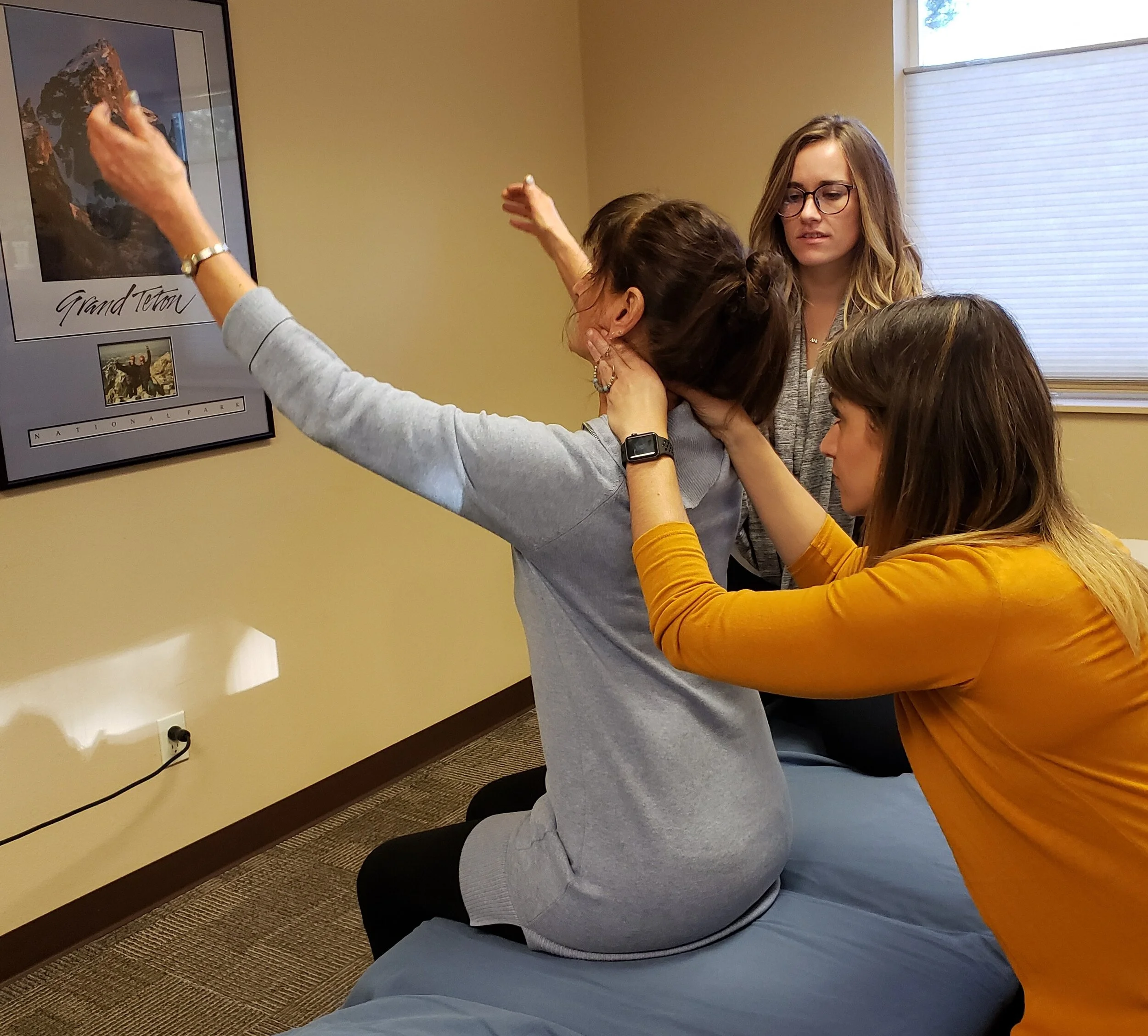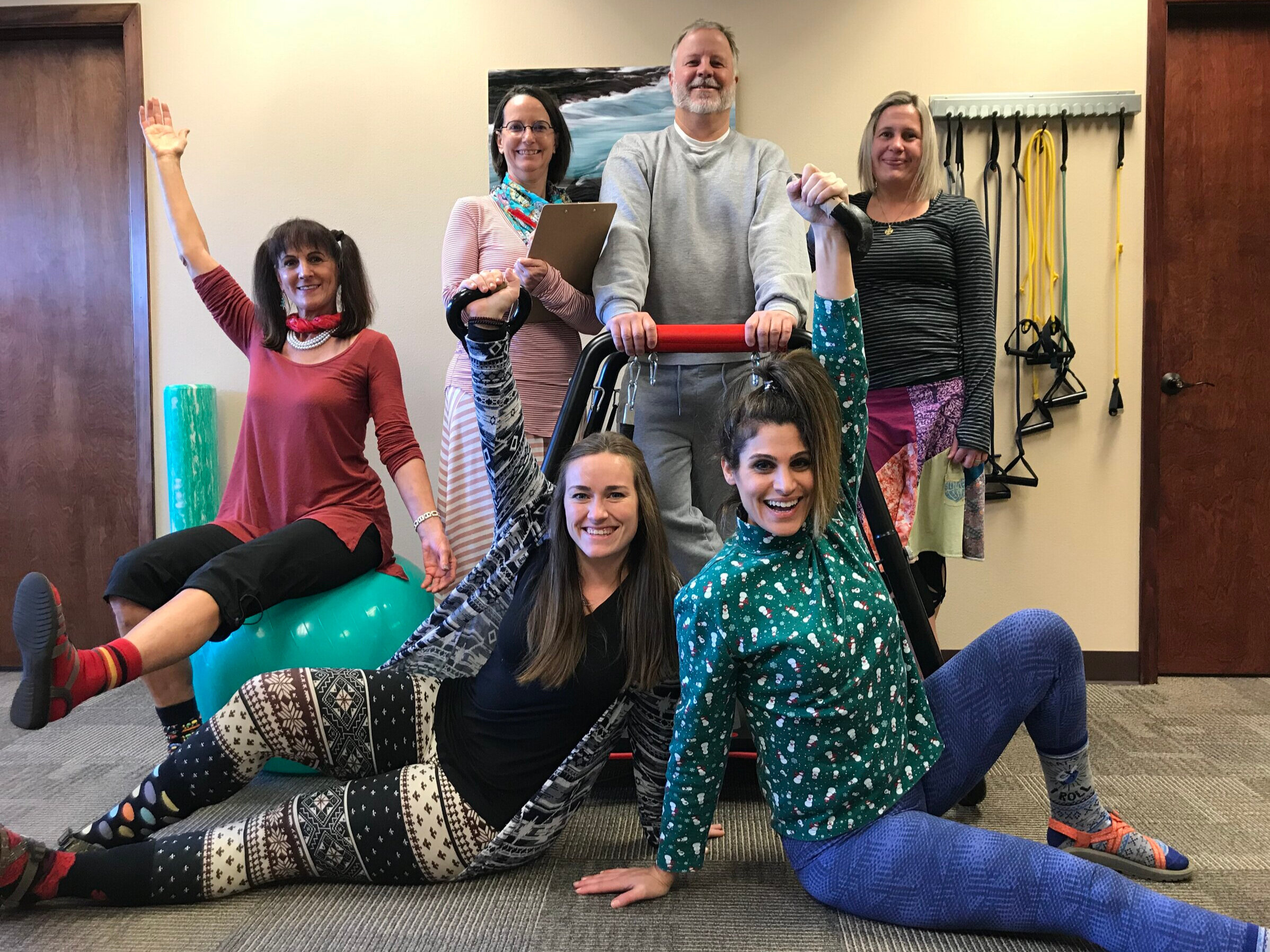Compass Physical Therapy has always been committed to honest, transparent, educational communication. As of this posting on March 22, 2020, our practice remains open and available for you during this difficult time. Per federal government recommendations supported by the CDC, physical therapy is considered a critical infrastructure industry and we have a special responsibility to maintain normal work schedules while following CDC guidelines to protect our patients and staff. Rest assured we are continuing to monitor our professional governing body, the federal government, and state government for cues and guidance related to the operations of physical therapy.
Our clinic has strong measures in place to keep patients and staff safe for those who require an in-person visit with their provider. Our staff is in continual communication with patients, assessing the appropriateness of an in-office visit and appropriate steps to take while attending your appointment, including but not limited to social distancing and sanitation practices.
E-Visits (Telehealth) Now Available
We continue to explore safe alternative options for office visits to support our patients and are pleased to now offer E-Visits (PTs version of Telehealth Medicine) to current patients. Thanks to efforts by numerous federal and industry leaders, PTs can currently use video-conferencing to meet with you to:
assess your current circumstances
recommend pain-management options
review and modify your exercise program
assess and give feedback on your technique
progress you to new exercises if appropriate
answer any of your self-care and activity-related questions
We highly recommend this option for many of our patients to keep you on your path to a full recovery and take advantage of the extra time you may have to take care of your health. This E-Visit option is available through the Bluestream Health Platform and can take 5 to 30 minutes. All you’ll need is a smartphone or a computer and a scheduled appointment with CompassPT. Currently Medicare, Blue Cross and Providence insurances are covering these visits as part of your normal policy. For those without coverage, Self-Pay Rates are also available. We are hopeful that more insurers will follow this lead. If you are inclined, we urge you to contact your insurer to voice your support for telehealth/E-visit medicine as a great alternative during this health crisis.
Contact Us
We’re here to answer your health-related questions. Please call us at 541-728-0974 to discuss which options are best for you, including an office visit, E-visit or telephone consult with your provider. Email is another option but may take longer for a response and please do not use the email option to make changes to a scheduled appointment.
We recognize things are changing rapidly and we will continue to reassess our role during these unique times. As always, we are committed to helping guide you to a healthy life.
Thank you for your patience and cooperation,
Tom, Rhonda and the CompassPT Team



















